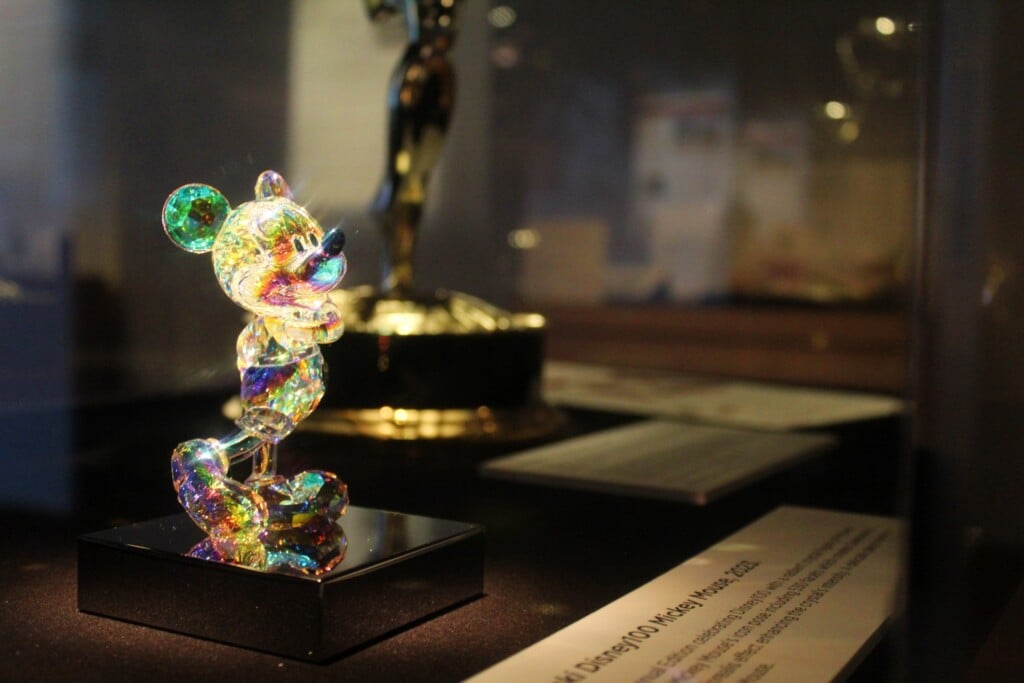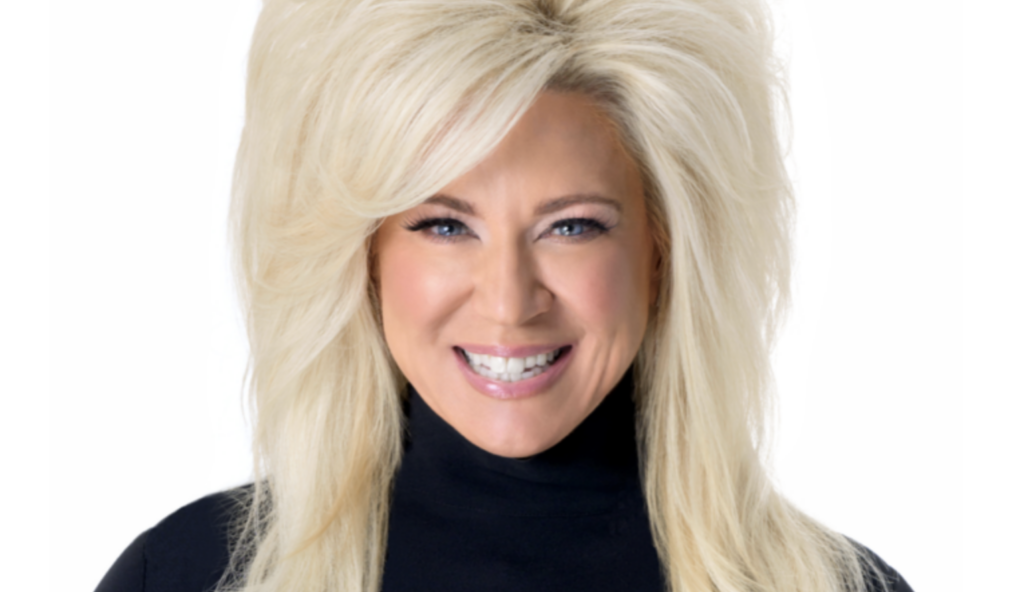Hay There
As couples go, Martin and Stevie, married 24 years, seem to be at the top of their game when The Goat or Who Is Sylvia? begins. The prize-winning architect and his wife, surrounded by evidence of their success — nice clothes and furnishings, an attractive son — embody the kind of man-woman marriage that so many people seem compelled to defend these days.
But this is an Edward Albee play, which means the wedded bliss will go all to hell.
The writer of such lacerating takes on marriage as Who’s Afraid of Virginia Woolf? and A Delicate Balance (in which one couple is afraid of something unspeakable through the entire play), Albee sees the institution as, well, institutional, oppressive and unhealthy at its root. But then, the gay Albee grew up absorbing toxic lessons about matrimony — Mel Gussow’s fascinating 1999 biography portrays the young playwright’s social-climbing parents as dysfunctional in the extreme.
The Unicorn Theatre’s production, directed by Ina Marlowe, is dynamic when Mark and Elizabeth Robbins, the married actors playing Martin and Stevie, are going at it. It’s something much less when they have to yield stage time to their costars, Dan Barnett and Michael Andrew Smith, both of whom are distractingly miscast. Barnett employs oddly cartoonish voices (in one stretch, he begins to sound like annoying comic Gilbert Gottfried) and clunky line readings. Smith is a decade too old.
Thankfully, the play belongs to Martin and Stevie, and the Robbins team soars. Martin is poised to celebrate his fiftieth birthday in conjunction with having received the most prestigious prize in architecture. Stevie unapologetically basks in his spotlight. (If she has a career, Albee doesn’t mention it.) Arriving at their tasteful home (designed in neutral earth tones and blonde wood by Atif Rome) to videotape an interview with the lauded architect is television producer Ross (Barnett), Martin’s closest friend. But Martin is preoccupied and gets tongue-tied, and the interview is shut down. With his conscience gnawing at him, Martin confesses to Ross that he’s having an affair with, well, a goat that he affectionately calls Sylvia.
Ross leaves in disgust, and the second scene opens with Martin, Stevie and their son, Billy (Smith), gathered in the living room discussing Ross’ letter to Stevie ratting out her husband. The next hour of the play is Albee at his best, a brilliantly funny yet gut-punchingly sad hourlong fight between the couple.
As the fight escalates, leaving every piece of pottery and artwork in the room in shards, Stevie digs from Martin details about his sex life no one should have to hear. But the text here is never pornographic; in fact, the most shocking line in the play is when Martin yells at his stricken wife, “Shut your tragic mouth.”
In the third and final scene (the play has no intermission) Albee justifies this dark and scary place — where people copulate with animals and talk freely about it — with larger themes. Martin declares that, of course, it’s only human to feel sexual about anything at all. And he wonders what’s worse — his love for a goat or other people knowing about it. The play’s last two minutes always induce audible gasps (I’ve seen the play twice before). but I’ll offer only that the Broadway production’s handling of the scene was far superior to the Unicorn’s more literal and almost silly approach.
Still, Mark and Elizabeth Robbins’ performances are not to be missed. There will be people who can’t suppress their squeamishness about the play’s subject matter. But those lightweights will miss Mark Robbins’ devastating portrait of a man addicted to finding self-worth in others’ eyes and Elizabeth Robbins’ ferocious turn as a woman who learns that everything she thinks she knows is a lie.




